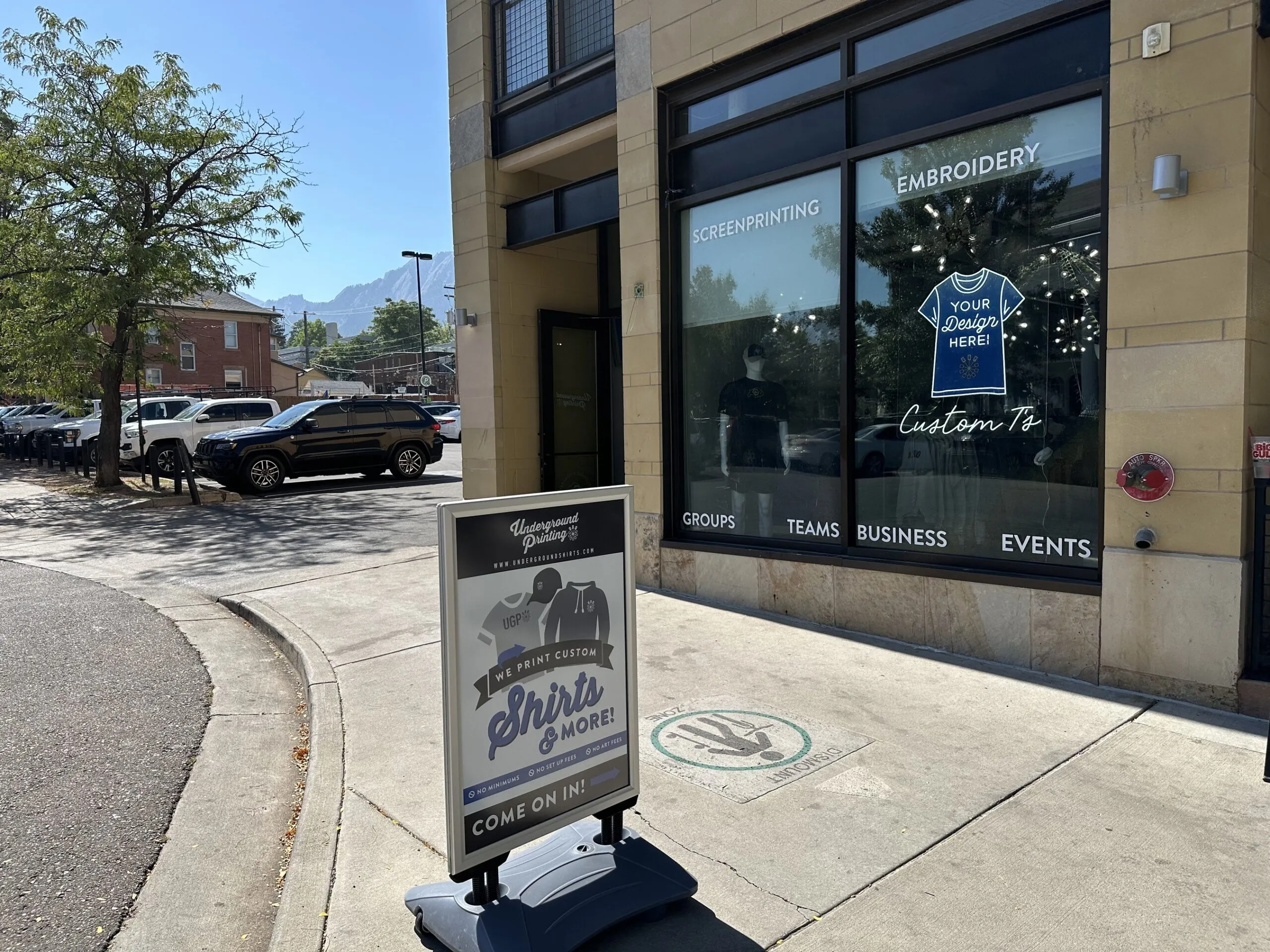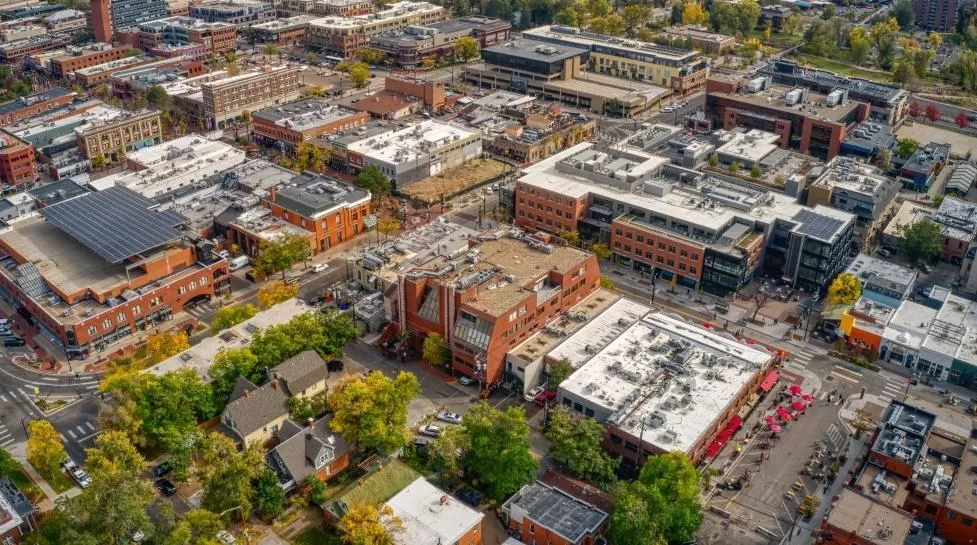‘Survive to ’25’ mentality could extend a bit longer for Boulder Valley office market

BOULDER — For the last year or so, commercial real estate professionals have had a saying about the naggingly sluggish office market: “survive to ’25” — meaning that if tenants, landlords and brokers can keep their heads down and push through into next year, conditions will improve.
And while some of those conditions certainly are improving, the new mantra — which unfortunately doesn’t rhyme — “might be survive to ’26,” CBRE senior vice president Erik Abrahamson said.
Abrahamson’s assessment came during a panel discussion with JLL Capital Markets senior director Hilary Barnett and Tebo Properties founder Stephen Tebo on the state of the local office market held Tuesday during BizWest’s Boulder Valley Real Estate Conference. Juliana Massaro, a partner at Boulder-based law firm Berg Hill Greenleaf Ruscitti LLP, moderated the panel.
SPONSORED CONTENT
“Transaction volume is way down,” especially for larger office spaces, Abrahamson, but he and the other panelist agreed that rays of sunshine are beginning to peak through the gloom.
“The market for small office space is very, very strong,” Tebo said, specifically referring to spaces of a few thousand square feet or smaller.
“Retail is actually performing very well,” Barnett said, especially around high-profile shopping districts such as Boulder’s Pearl Street Mall area.
“Tech is starting to come back, albeit very slowly,” Abrahamson said, but the office market will remain depressed until companies force workers back to the office five days a week.
Landlords face a “lower likelihood of renewal” from companies with hybrid workers, Barnett said.
Panelists encouraged landlords to engage in proactive communication with lenders as loans on underperforming properties mature.
“Your current lender is your best lender because they don’t want to foreclose,” Barnett said. “… Both parties have skin in the game.”
While conversion of office space into housing is attractive in theory, Tebo said, such efforts have proved fraught with stumbling blocks such as permitting delays, ingress and egress problems, lack of interior windows, not enough parking and zoning mismatches.
“There’s zero proof of concept for what you can sell a conversion for,” Barnett said.
Still, there’s “going to be some amazing opportunities” to buy up distressed offices for alternative uses, Tebo said, even if that means leveling the site and starting from scratch.
While headwinds persist, so do the positive attributes that have long made the Boulder Valley a desirable place to live and work.
“Boulder is still on investors’ radar,” Barnett said. “… There is intrinsic value to the real estate here.”
For the last year or so, commercial real estate professionals have had a saying about the naggingly sluggish office market: “survive to ’25” — meaning that if tenants, landlords and brokers can keep their heads down and push through into next year, conditions will improve.
THIS ARTICLE IS FOR SUBSCRIBERS ONLY
Continue reading for less than $3 per week!
Get a month of award-winning local business news, trends and insights
Access award-winning content today!





